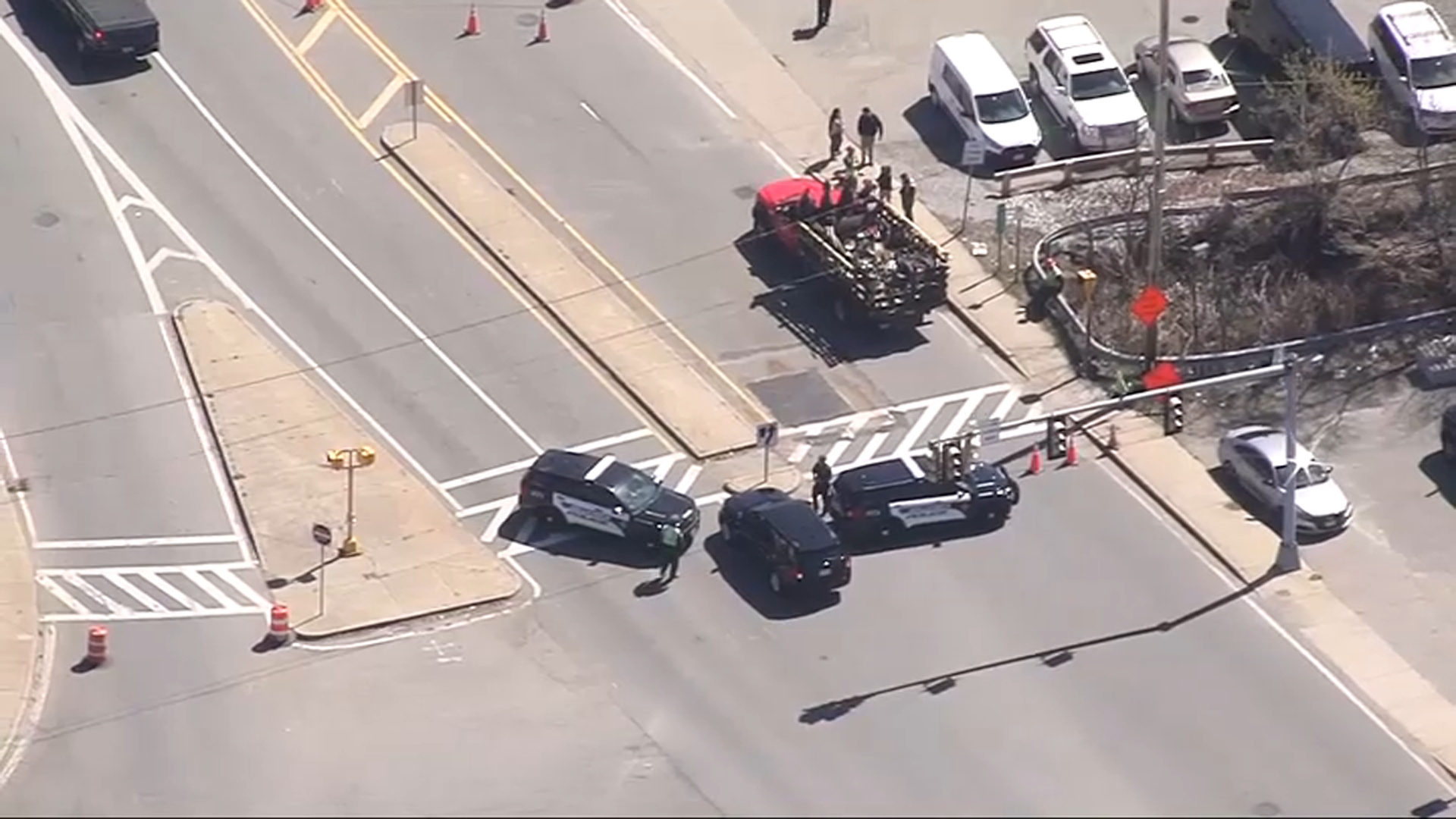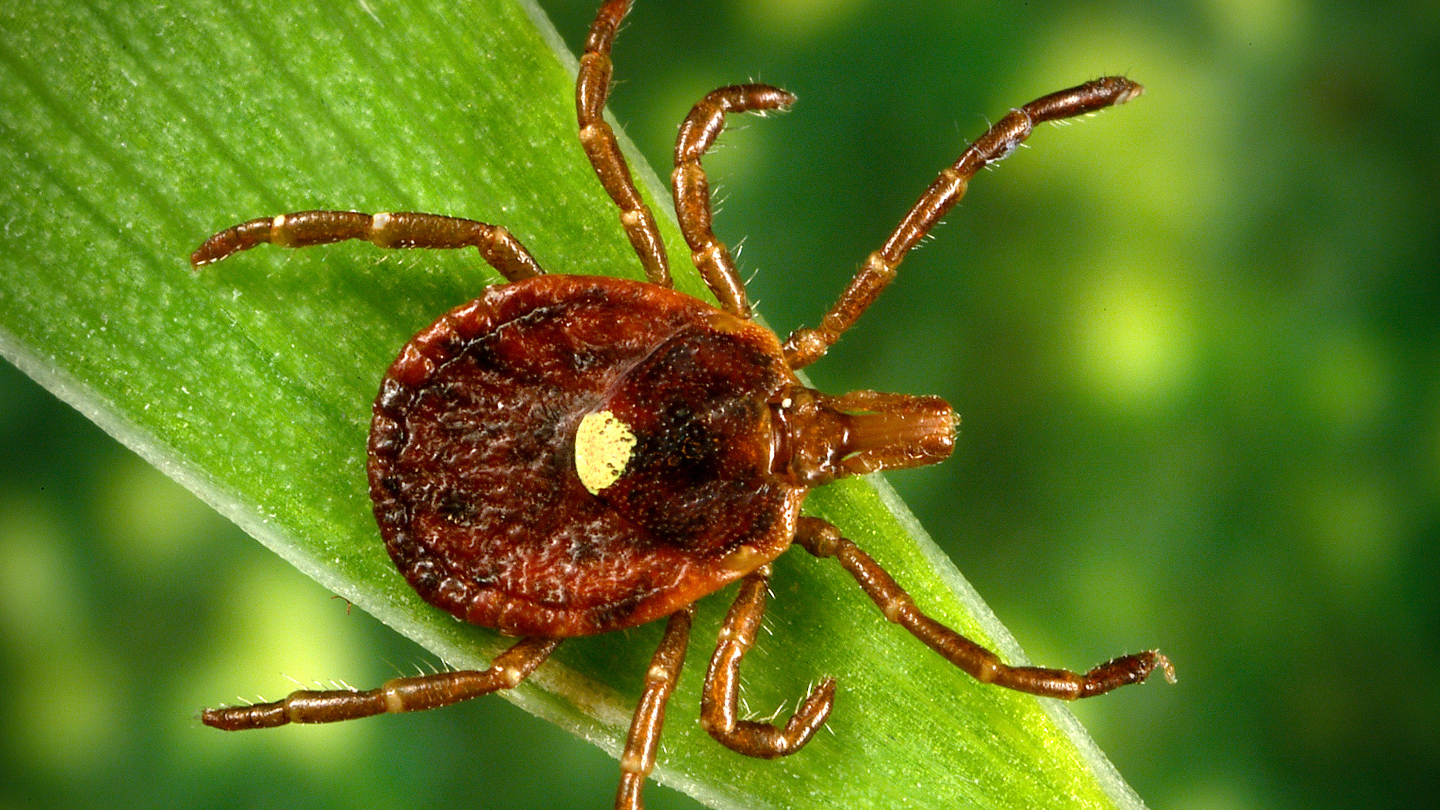An idyllic neighborhood in Cambridge, Massachusetts, is quiet at night – but brighter.
"I couldn't relax in the evening, I was having problems sleeping," Ed Abrams said.
He couldn't sleep, he says, because of the new LED street lights.
"It feels like a mall parking lot, or the inside of a Best Buy," he said.
Abrams, who's lived in Cambridge for 15 years, says the new lights are far too bright and blue. Other neighbors have mixed reviews.
"I don't like them, they're too bright. I don't like led lights in this setting," one said.
"I like them, they're bright, they deter people from breaking into cars," another said.
The new lights replace the old "cobra head"-style lamps, which have more of a yellowish look. Abrams says the new light by his third floor bedroom was so bright, he contacted the city because he was worried about his health.
"After about 20 emails and phone calls, I finally convinced them to change out the light in front of my bedroom," said Abrams.
Abrams even points to a Harvard health study from two years ago that says blue light has a "dark side," and that exposure to light at night suppresses melatonin, which could cause major health problems.
Local
Glenn Heinmiller is the lighting designer contracted by the city for the project.
"They’re referring to the light levels that you might experience indoors at night, or from staring at a TV screen or computer monitor, which are way, way higher than the kind of levels you get from street lighting," said Heinmiller, who works at Lam Partners.
Heinmiller says the lights are perfectly healthy:
"Light levels that we have at the street level are not an issue. There's evidence and research that shows those levels are way too low to do any negative effects on your biological clock," he said.
City electrician Stephen Lenkauskas says he's heard both positive and negative feedback from about 40 residents. Many of the negative reviews were people upset with the brightness.
"We'll look at every area, and we've been listening to all the complaints and all the positives too," he said.
By the end of summer, Cambridge says they plan on replacing nearly 5,000 of the older lights, replacing them with new, brighter LED lights. Combined with a second phase, a grand total of about 7,000 lights will be changed with a total budget of $6 million.
Lenkauskas says they're more energy efficient and will have less repairs off the bat, saving $500,000 of energy each year. As for the complaints, he says they're installing a control system soon, which will dim the lights.
"As soon as they start coming online, they'll go right down to 70 percent, and we'll also reduce them to 35 percent at late night," Lenkauskas said.
The U.S. Department of Energy online says it remains unproven that typical exposures to outdoor lighting have negative health impacts, but also say it cannot be ruled out without more data.
Abrams also says he doesn’t like the shadows the new lights cast either.
"There's hundreds of shadows on the sidewalk, these lamps cast, it kind of makes me dizzy," he said.
The city also points to some light shields they can install to block the light from going in peoples windows. The city says before the most recent yellow lights, the city had bright white lights. They believe it's just a matter of people getting used to them.
Other cities such as Boston have converted the bulk of their lights over to LED, and cities like Los Angeles and Seattle have done so as well.



